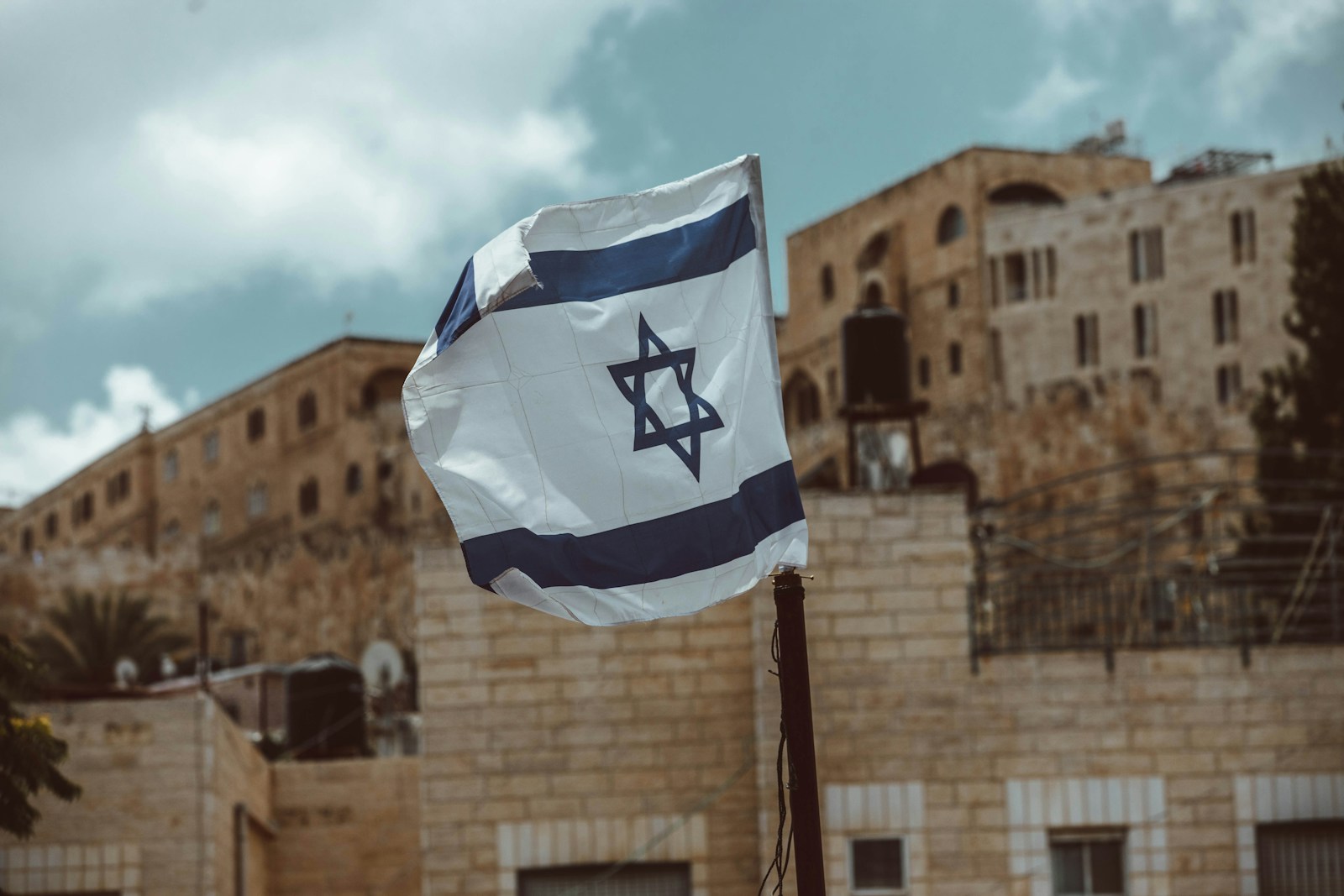Key Takeaways:
– The death toll after an Israeli military strike on a Beirut suburb has reached 31, with 68 people injured.
– Among the deceased were 16 Hezbollah operatives, including senior commanders Ibrahim Aqil and Ahmed Wahbi.
– The building struck during the attack was hosting a meeting of Hezbollah officials.
– The latest attacks marked the most significant since the 2006 Israel-Hezbollah war.
Heightened Tensions After Deadly Beirut Assault
The recent Israeli military strike on a suburb of Beirut, Lebanon, led to an increase in the death toll to 31. This figure includes seven women and three children, as reported by Lebanon’s Health Minister, Firass Abiad, on Saturday. The attack also resulted in 68 other individuals sustaining injuries, out of which 15 are still hospital-bound.
Continuing search and rescue operations suggest that the casualty count might rise further. Deemed as the deadliest strike on the Lebanese capital since the Israel-Hezbollah war in 2006, the attack took place in a densely populated southern neighborhood during Friday’s rush hour.
Targets Within the Attack
Israeli forces announced on Saturday that their operation had killed 16 Hezbollah militants. Among those deceased were senior commanders Ibrahim Aqil, who led the elite Radwan Force, and Ahmed Wahbi, of the group’s military wing. In a statement released on Friday evening, Hezbollah confirmed the deaths of 15 of its operatives. However, the militant group refrained from disclosing the location of these fatalities.
The U.S. had previously offered a hefty reward for information leading to the arrest or conviction of Aqil, who is said to have led Hezbollah in the 1980s. During that period, the group took responsibility for the 1983 bombing of the U.S. embassy in Beirut that resulted in over 300 fatalities, and a bombing at the U.S. Marines barracks in October 1983, which claimed the lives of 241 U.S. personnel.
Aftermath and Response
Following the airstrike, emergency workers and the Lebanese Red Cross have been active at the scene, working tirelessly to retrieve bodies from the rubble. The Israeli military has stated that the building destroyed in the attack was hosting a meeting of Hezbollah officials in its basement at the time.
The devastated site included an eight-story building housing 16 apartments on the populous Qaim street and another adjacent building. The carnage cut through the latter’s basement, where the said meeting was in progress, utterly destroying the main structure.
The Minister of Public Works and Transport, Ali Hamie, confirmed that 23 individuals are still missing amidst the ongoing rescue operations.
High Alert and Calls for De-Escalation
The White House released a statement, warning both Israel and the Iran-backed Hezbollah against escalating the conflict further, following bombings that targeted Hezbollah members.
However, reports indicate that Israeli warplanes have carried out several strikes across southern Lebanon. Hezbollah, in response, has kept up counterattacks. The explosions left a death toll of at least 37, including two children, and wounded roughly 2,900 individuals.
In an alarming revelation, the Lebanese health minister claimed that the country’s hospitals were swamped with the wounded. Despite speculation attributing the assault to Israel, the country has neither confirmed nor denied its involvement.
Anticipation of Conflict
The continued cross-fire between Israel and Hezbollah has led to massive evacuations of residents in southern Lebanon and northern Israel, sparking concerns of a wider military operation that might trigger a full-scale conflict.
With Israel’s security cabinet declaring a halt to Hezbollah’s attacks in the country’s north as an official war goal, the tension continues to escalate. Israel has since dispatched a strong military force to its northern border, demonstrating readiness for a possible wider conflict.
